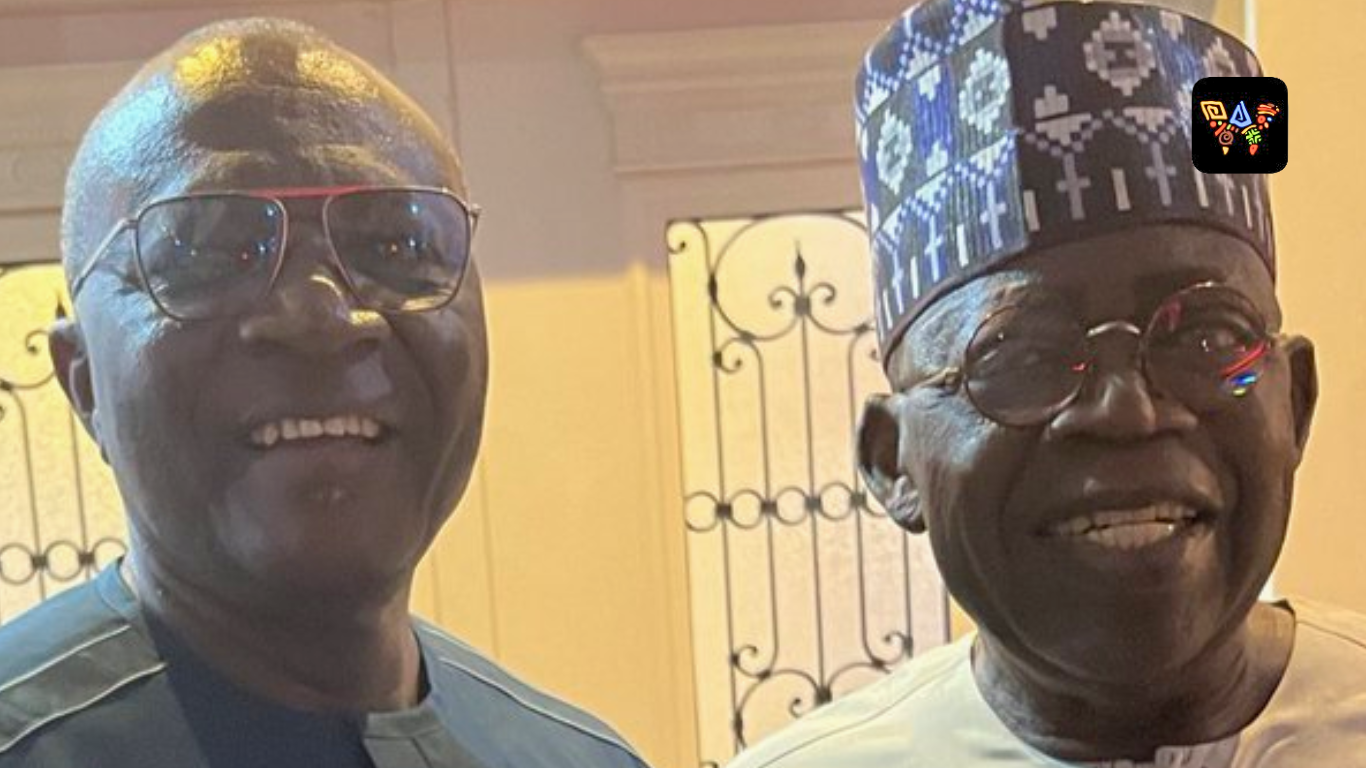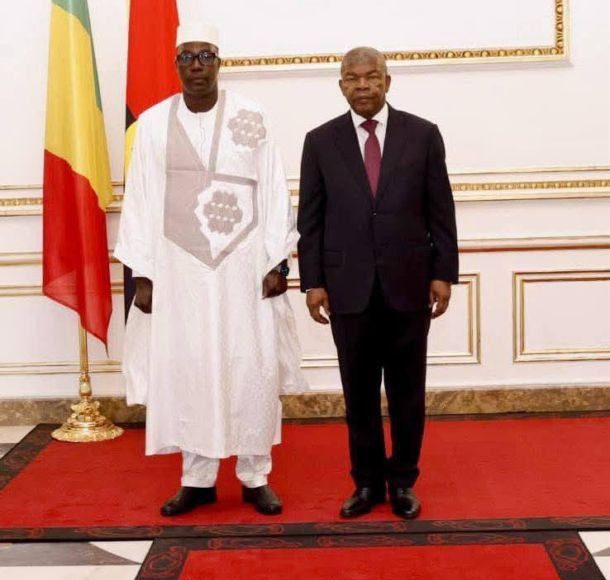
Nigeria: Presidency Denies New York Times’ Report On Economic Reality, Says Tinubu Inherited Dead Economy

Nigeria’s Presidency has denied the New York Times report on the current economic situation in Nigeria, saying President Bola Tinubu, who controversially won the February 25, 2023 election, inherited a “dead economy.”
Contrary to the New York Times’ portrayal of a dire economic reality of inflation and hunger, the Presidency justified that the policies implemented by Tinubu’s administration, such as floating the naira twice a year and removing fuel subsidies, were in the country’s best interest.
The response, titled ‘State House Rejoinder to New York Times’ Jaundiced Report on Nigeria’s Current Economic Situation,’ was issued on Sunday by the Special Adviser to the President on Information and Strategy, Bayo Onanuga, stating that Nigeria is not the only country grappling with a rising cost of living crisis.
Ruth Maclean and Ismail Auwal’s feature story with the title ‘Nigeria Confronts Its Worst Economic Crisis in a Generation’, published on June 11, reflected the typical predetermined, reductionist, derogatory, and denigrating way foreign media establishments reported African countries for several decades,” the statement reads in part.
Onanuga further declared that Tinubu did not create Nigeria’s economic problems; “he [President Tinubu] inherited them.”
He also justified Nigeria’s current economic problems by blaming previous administrations, yet, upon the Tinubu administration, N3.36 trillion was spent on fuel subsidies in 2023.
The claim of removal, however, became untrue when the Minister of Finance, Wale Edun, in a report, admitted that an additional N5.4 trillion is projected to be spent on fuel subsidies in 2024.
Onanuga further claimed that the government was also subsidising the exchange rate, with an estimated $1.5 billion spent monthly by the CBN to ‘defend’ the currency against the unquenchable demand for the dollar by the country’s import-dependent economy.
Despite the claims and denials, Nigeria is currently facing an influx of foreign investment companies, including Diageo, exiting the country due to the soaring inflation of 33.39%, currency devaluation and insecurity.
About The Author
Mayowa Durosinmi
author
M. Durosinmi is a West Africa Weekly investigative reporter covering Politics, Human Rights, Health, and Security in West Africa and the Sahel Region
Mayowa Durosinmi
M. Durosinmi is a West Africa Weekly investigative reporter covering Politics, Human Rights, Health, and Security in West Africa and the Sahel Region
Related Articles
Zimbabwe Rejects $350m US Health Deal Over Sovereignty Dispute
Zimbabwe has formally withdrawn from negotiations on a proposed $350 million health...
ByWest Africa WeeklyFebruary 25, 2026Niger’s President Outlines Vision for Strategic Partnership with China
Niger’s Head of State, General Abdourahmane Tiani, has articulated a renewed vision...
ByWest Africa WeeklyFebruary 25, 2026Fire Destroys 140 Tonnes of Cotton in Western Burkina Faso
A major fire has destroyed more than 140 tonnes of cotton in...
ByWest Africa WeeklyFebruary 25, 2026Mali’s New Ambassador to Angola Presents Credentials, Pledges Stronger Bilateral Ties
Diplomatic relations between Mali and Angola entered a new phase on February...
ByWest Africa WeeklyFebruary 25, 2026











